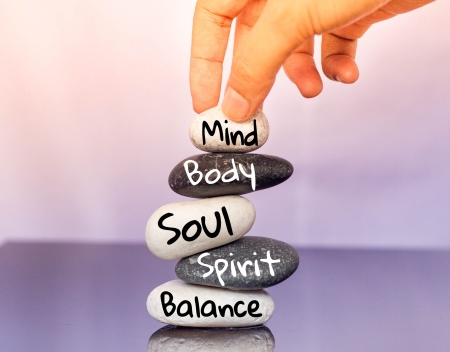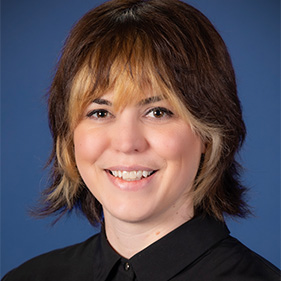September is National Recovery Month, a time to raise awareness about substance use disorders and celebrate the people who are recovering. We spoke with Nicole Schultz, a clinical professor in the UC Davis Department of Psychiatry and Behavioral Sciences, to learn more about how recovery works and how treatment has changed over time.
What Is whole health recovery related to substance use disorder?
Recovery is about helping people feel fulfilled in all areas of life. So, whole health recovery means treating the mind, body, and spirit — not just the substance use disorder. It includes things like:
- Eating healthy
- Exercising
- Practicing meditation
- Connecting with your community and what's important to you
I also encourage my patients to find or create a support system — whether that's your biological family or your "found family."

How has treatment changed?
In the past 5 to 10 years, treatment has become more accessible thanks to telemedicine. People in rural areas can now get help online, and studies show virtual therapy works just as well as in-person sessions. We've also seen an increase in medications that can treat cravings, such as Naltrexone.
There are also more evidence-based therapies, like:
Self-help groups have grown too. While many know about Alcoholics Anonymous and Narcotics Anonymous, newer groups, like SMART Recovery, use cognitive behavioral therapy techniques. Plus, non-alcoholic drinks and challenges like Dry January are helping change how people think about substance use.
I teach my patients that setbacks are normal and not a sign of failure. They just mean it's time to use recovery tools again and keep moving forward.-Nicole Schultz, clinical professor, Department of Psychiatry and Behavioral Sciences
How does stigma affect recovery?
Stigma — the negative judgment people may face — is still a big issue. It can stop someone from asking for help or continuing treatment. If someone has a lapse (a short break from their recovery goals) or a relapse (returning to old habits), they might feel guilt or shame.
I teach my patients that setbacks are normal and not a sign of failure. They just mean it's time to use recovery tools again and keep moving forward.
What if you don't have family support?
Start by finding someone you trust — a friend, coworker, or doctor. Talking to your primary care doctor can be a good first step. They can help connect you with a specialist if needed.
Are opioids and fentanyl still a problem?
Yes, but there's some good news. Overdose deaths from opioids and fentanyl dropped by 27% last year. Unfortunately, though, there were still over 80,000 overdose deaths.
Fentanyl is a very strong and dangerous drug. People often don't know it's in the drugs they're using, which leads to accidental overdoses. That's why tools like fentanyl test strips and Naloxone (a nasal spray that can reverse an overdose) are so important.
Why Is cannabis a concern?
Because cannabis is legal at the state level in many places, people — especially teens and young adults — often think it's safe. But unlike alcohol, there's no standard way to measure how much someone is using or how intoxicated they are in the moment. This is especially concerning given the rise of high-potency THC, which has been linked to problems like memory difficulties and risk for psychosis. Some people believe that cannabis is not addictive, but we know from research that 3 in 10 cannabis users can develop a cannabis use disorder.
How can you help someone struggling?
If someone you care about is dealing with substance use, be supportive but set boundaries. Ask questions instead of judging. And don't forget to take care of yourself — support groups and professional help can make a big difference. The Substance Abuse and Mental Health Services Administration (SAMHSA) also has online resources for families coping with substance use disorders.
Need Help?
If you or someone you know is struggling, call the SAMHSA hotline anytime at 1-844-289-0879.
You can also learn more about outpatient services for substance use disorder at UC Davis Health.







